Gray water for plants
tim45z10
9 years ago
Related Stories
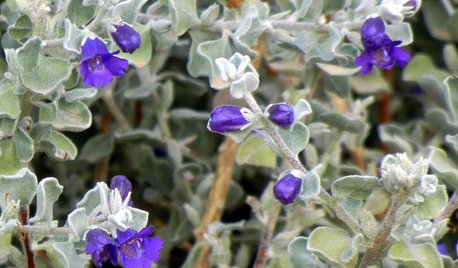
GARDENING GUIDESGreat Design Plant: Violet Silverleaf Thrives on Scant Water
Purple flowers transform silvery, sun-loving Leucophyllum candidum, while its easy care may change your gardening routine
Full Story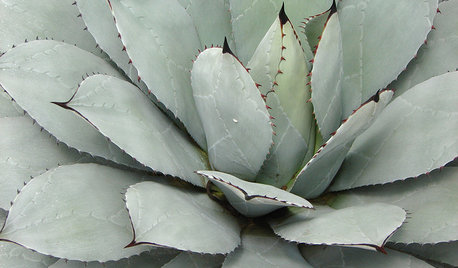
FOLIAGEGet a Cool Garden Look With Gray and Blue Plants
Looking for plants that calm with color in the heat of summer? Look no further than these 14 soothing beauties
Full Story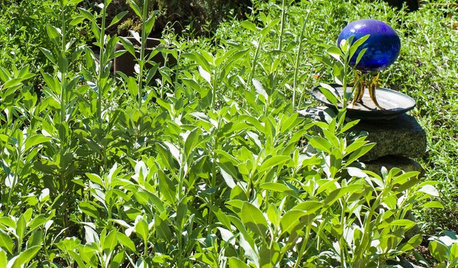
FLOWERS AND PLANTSWhite Sage Shimmers in the Water-Wise Garden
California native Salvia Apiana features silvery-green foliage and seasonal flowers that bees, hummingbirds and butterflies love
Full Story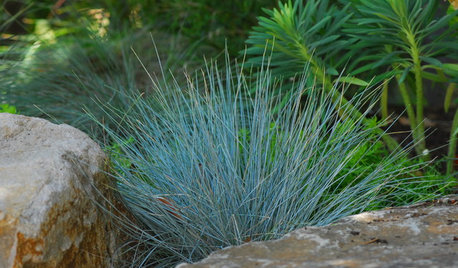
LANDSCAPE DESIGNGreat Design Plant: Blue Fescue
Is there anywhere this grass doesn't look great? Bonus: It outlasts other grasses in color and doesn't hog water
Full Story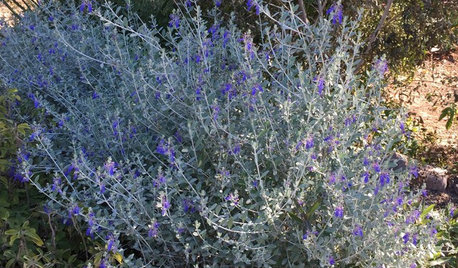
GARDENING GUIDESGreat Design Plant: Teucrium Fruticans for Drought-Tolerant Gardens
The silvery-gray foliage and blue flowers of this Mediterranean native stand out in low-water landscapes
Full Story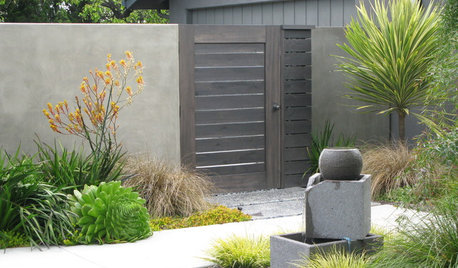
LANDSCAPE DESIGNDare to Go Gray in the Garden
Use neutral gray as a soother, a buffer and a framework for plants in many colors
Full Story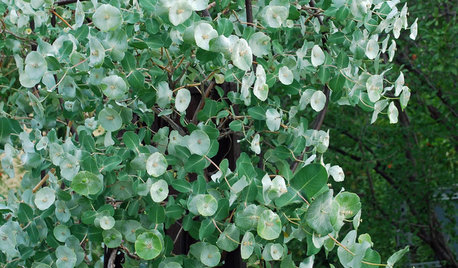
BLUE AND GRAY FOLIAGEGreat Design Plant: Kintzley's Ghost Honeysuckle
Looking for a versatile plant with beautiful color and texture? This unusual honeysuckle may be just the ticket
Full Story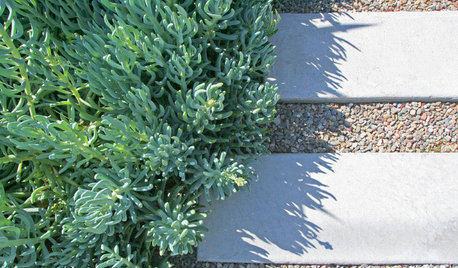
BLUE AND GRAY FOLIAGEGreat Design Plant: Blue Chalk Sticks
Great color and texture make this drought-tolerant succulent a favorite for landscape designs
Full Story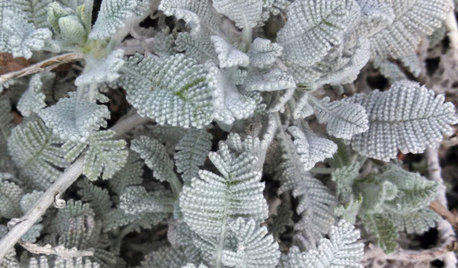
GARDENING GUIDESGreat Design Plant: Partridge Feather
Set your garden aloft with the silvery-white color of partridge feather's foliage even as this evergreen's tough nature keeps you grounded
Full Story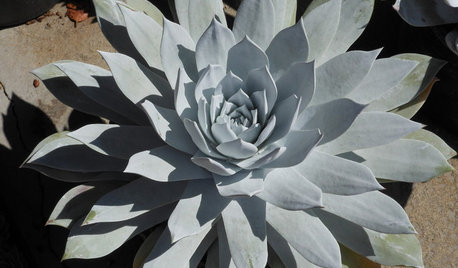
GARDENING GUIDESGreat Design Plant: Dudleya, a Dramatic California Native
Set up this succulent in native conditions and see just how little care it needs to thrive in the landscape
Full Story





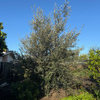
ken_adrian Adrian MI cold Z5
nil13
Related Professionals
70037 Landscape Architects & Landscape Designers · Manorville Landscape Architects & Landscape Designers · Arlington Landscape Contractors · Berkeley Heights Landscape Contractors · Blue Springs Landscape Contractors · Braintree Landscape Contractors · Broomfield Landscape Contractors · Little Ferry Landscape Contractors · Manhattan Landscape Contractors · Paterson Landscape Contractors · Ridgewood Landscape Contractors · Ronkonkoma Landscape Contractors · Saint Paul Landscape Contractors · Marinette Window Contractors · University City Window Contractorstim45z10Original Author
renais1
CA Kate z9
nil13